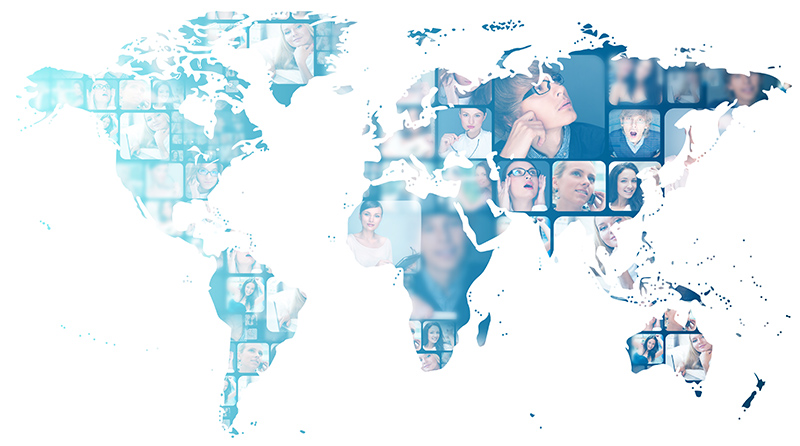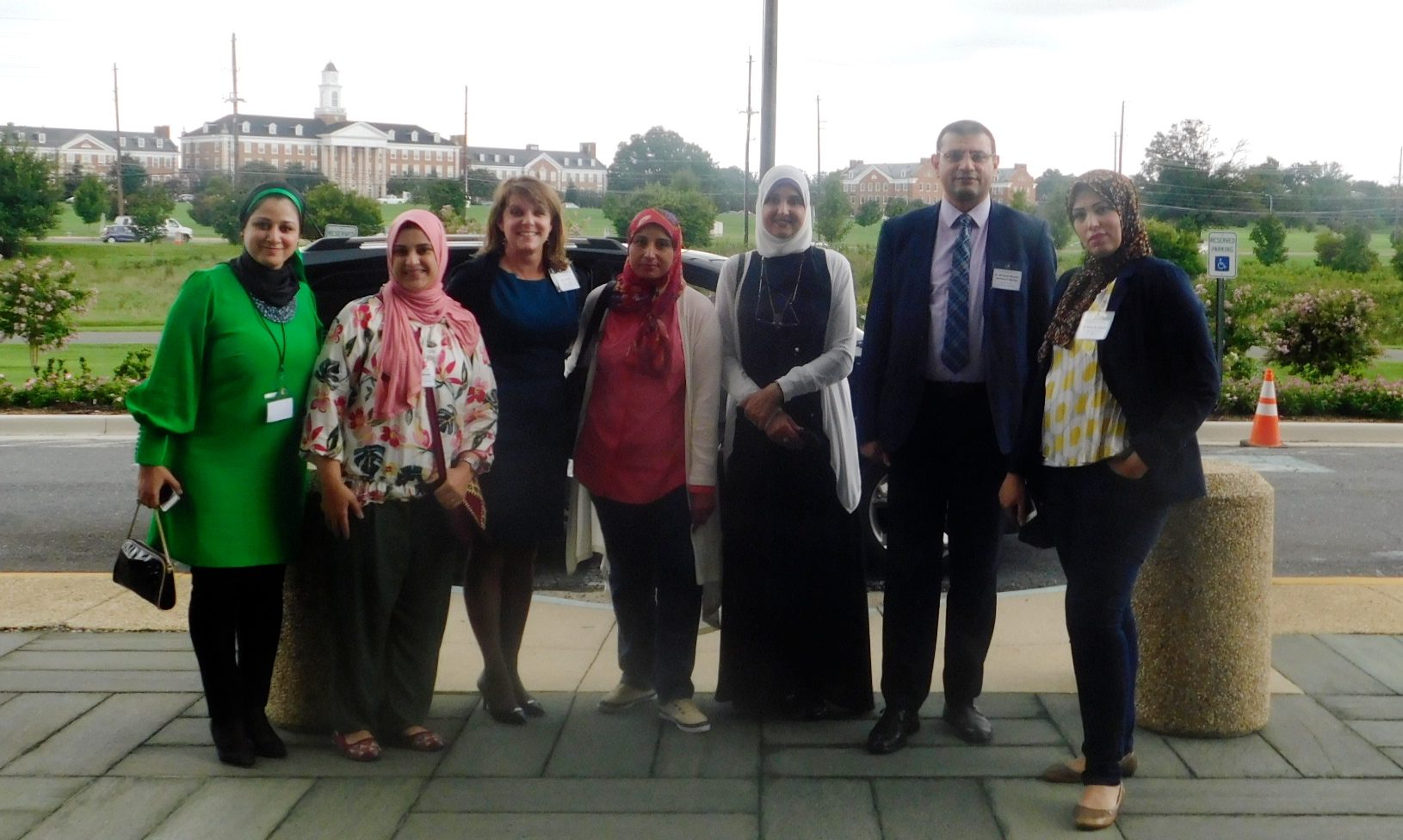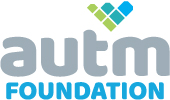By taking AUTM’s trainings abroad, the AUTM Foundation hopes to support international partners in developing an innovation lifecycle unique to their country’s ecosystem and to empower the individual professionals moving discoveries through the process. Additionally, the Foundation looks forward to increasing the varying global perspectives in AUTM’s membership by encouraging greater representation from professionals outside of the majority.
The AUTM Foundation recognizes that political, cultural, funding and capacity needs vary from region to region and that training should be adapted accordingly. However, seven domain areas have been recognized in which all technology transfer professionals must be well-versed to be successful:


The long-term goal of the AUTM Foundation’s Global Professional Development initiative is always to secure a lasting partnership. The multi-disciplinary field of technology transfer relies on creative collaboration, cooperation, and trust, meaning each opportunity for international partnership seized is a step toward a more robust industry. The AUTM Foundation is prepared to expand their global offerings and is actively seeking new partners to host trainings or financially sponsor programs. Interested entities are encouraged to engage with the Foundation staff for discussions on how, together, we can reinforce economic vitality and safeguard the entrepreneurial spirit through technology transfer.

This September, the AUTM Foundation was honored to host the US-Egypt Technology Transfer Workshop in collaboration with the Department of State and the US Department of Agriculture’s Agricultural Research Service. The chief objective of the workshop was to distill the central needs of the Egyptian technology transfer environment and discuss best practices in both countries. The guests of honor were members of a 10-person Egyptian delegation, all representatives of the Academy of Scientific Research and Technology (ASRT). Also participating in the workshop were professionals from US technology transfer offices, consulting groups, law firms, and intellectual property organizations, as well as from the USDA and the State Department. Workshop sessions included topics like Negotiation, Collaboration Models, and Public-Private Partnerships.
